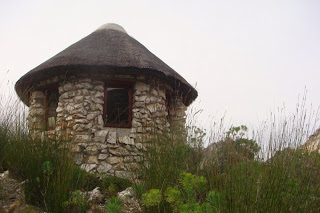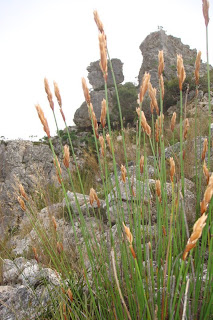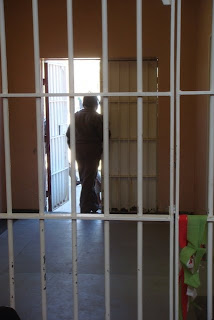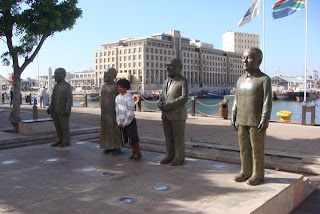
The boys I meet in B5 take pleasure in simple things.
I'm not talking about life coach philosophy here. They are not “downsizing” their lives – rather, the things I would consider “simple” and beneath my enjoyment are often luxuries for them.
Consider this example. One of the most surprising things about working in B5 has been watching the boys color. Yes, color, as in using crayons or markers to fill in picture sheets with Bible verses on them. The kind of activity you would normally use with kids no older than 7. Don't get me wrong and think that this is a reflection on their mental capabilities. These boys are smart despite the fact that many have had little or no formal education. The key word here is opportunities. Coloring sheets might not seem like much of a creative outlet to most people, but in an environment so devoid of creativity in every area we take for granted (décor, clothing, food, hobbies, even time management), any opportunity is a good one.
This tendency plays out in another area of my involvement in B5: music. When I was making plans to come to Cape Town, I realized right away that I could not bring any of my instruments without paying a small fortune in either extra baggage fees or shipping, and another small fortune in insurance against potential damages for either of those two options! I decided to wait until I arrived and see if I could borrow or rent an instrument instead. I have managed to get a violin so far that should serve me well, and just today a fellow prison volunteer brought in a guitar I can use.
I don't think this guitar will “serve me well”. For starters, it's missing a string! That can be remedied, of course, but what can't change is that it's a classical guitar -- very different from what I normally play (wider and thicker neck, nylon strings, etc.). It's something for now, but I'm definitely going to look for something else.
The boys love it, though. To them, it just makes music – something they don't experience very often. I can also let them hold it and play it without worrying about damage! Having someone care enough to bring an instrument into prison and play for them means so much, whether it has the proper number of strings or not. If I find a better guitar in the coming weeks, will they even notice the difference?


















































